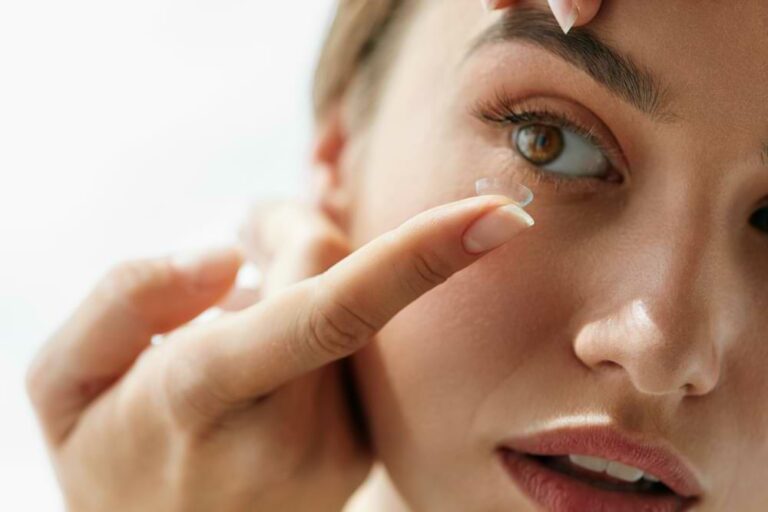
Ortho-K Lenses: 15 Frequently Asked Questions
To help you understand the opportunities now available with orthokeratology, we’ve put together a list of frequently asked questions that we often get from patients.

Ensure Your Night Blindness is Not a Symptom of Something Else.
Vision loss is a symptom of many eye conditions. It generally progresses so gradually, that most people don’t notice until significant loss has occurred. Your optometrist can monitor and detect vision changes much earlier than this, which means a regular check-up could just save your sight.
If you have noticed changes to your vision, or that suddenly you struggle with night driving, it may be time for a check-up!
If you are at a higher risk of developing Diabetes, Macular Degeneration, Glaucoma or Cataracts, it is particularly important to stay up to date with your eye exams and follow your Optometrist’s and GP’s advice to control or slow the progression of your condition and minimise vision loss.
At Optometrist Parramatta, we recommend yearly examinations after you turn 65, or a comprehensive eye exam every three years if you are under 65.
Ensure Your Glasses Have a Multi-Coat
If you wear glasses, you may have heard of the term ‘multi-coat’. A multi-coat or ‘anti-reflective coating’ is a series of coatings applied to your lenses at the time of manufacture which helps minimise lens reflections. These anti-reflective coatings significantly improve vision and clarity, particularly in front of artificial lights such as digital screens, car headlights and fluorescent lights in the office.
At Optometrist Parramatta, we don’t compromise on your vision. Our lenses always include a multicoat, unless there is a specific reason for requiring
You can tell your lenses don’t have a multicoat if there is a halo or warping around light sources, poor contrast or clarity, or distracting reflections in your eyes. If you have purchased glasses online or from a discount chain store, it is quite possible your lenses do NOT have a multicoat, as this is a cheaper option.
On the road, particularly at night when there is poor visibility, these distractions can be dangerous, so ensure you are wearing high-quality lenses with an anti-reflective coating to minimise these risks.
At Optometrist Parramatta, we don’t compromise your sight. We use only use high-quality lenses made by Hoya, Nikon and Essilor and our lenses always include a multi-coat, unless a hard coat is needed for specific purposes such as for workers or tradesmen who require stronger lenses. Even then, if you need glasses for driving, we would highly recommend a separate pair of lenses with a multicoat for safety at night.
Talk to Us About Getting a Special Pair of Tinted Glasses for Driving at Night
Special lenses have been developed to help improve clarity when night driving, including the Enroute range from Hoya. These lenses reduce glare from headlights and other bright light sources, provide wider visual fields and fast switching between distances and reduce ghost images.
Enroute Pro also features enhanced colour contrast and colour perception in all weather environments.
If you’d like more information on night blindness or tinted glasses, drop in or book an appointment today!

To help you understand the opportunities now available with orthokeratology, we’ve put together a list of frequently asked questions that we often get from patients.

Have you ever wondered if you’re cleaning and storing your Ortho-K lenses properly? Improper use of Ortho-K lens solutions for cleaning and storage may lead to serious eye infections.

With proper technique, inserting and removing Ortho-K lenses is not as intimidating as you might imagine. Book a consultation to learn more.

Learn about Ortho-K lens side effects and choose the best option for healthy eyes. Book a consultation today.

How does Ortho-K combat myopia and is an Ortho-K fitting right for your child? Learn more & book a consultation.

Discover how you or your child can achieve clear vision with Ortho-K lenses in Sydney. Book a 360 Eye Examination.